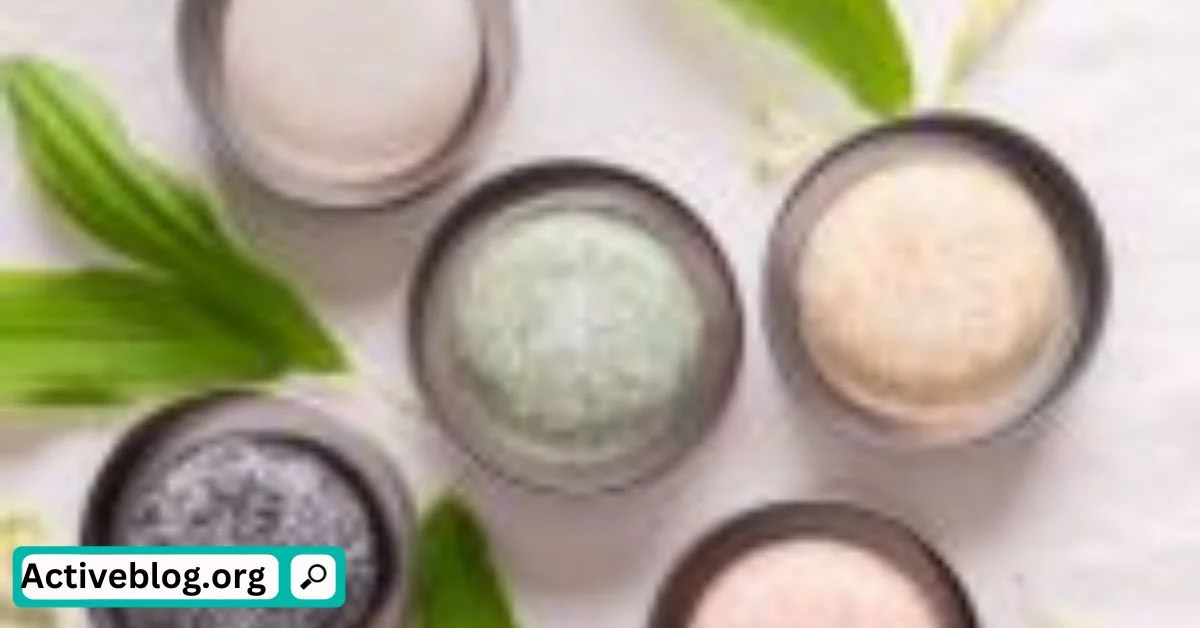In the quest for luscious, healthy hair, individuals often encounter a multitude of products promising to deliver miraculous results. Two of the most commonly debated hair care products are hair serums and hair oils. These products serve distinct purposes and offer unique benefits to your hair. To make an informed choice it’s crucial to understand the differences between their composition application and the specific hair concerns they address.
Hair Serums: The Modern Elixir for Hair
Hair serums have gained immense popularity in recent years becoming a staple in many hair care routines. These lightweight often silicone-based liquids are formulated to provide a range of benefits to your hair. Let’s delve into the characteristics and advantages of hair serums:
1. Light and Non-Greasy: Hair serums are typically water or silicone-based which makes them light and nongreasy. This characteristic makes them an excellent choice for individuals with fine or oily hair who want to avoid heavy oil-based products.
2. Instant Shine and Smoothness: One of the primary purposes of hair serums is to provide instant shine and smoothness to your hair. They work by coating the hair shaft creating a smooth surface that reflects light giving your hair a glossy and healthy appearance.
3. Frizz Control: Hair serums are excellent at taming frizz and flyaways They create a protective barrier around each hair strand, preventing humidity from penetrating and causing frizz This is particularly beneficial for those with naturally curly or wavy hair types.
4. Heat Protection: Many hair serums contain heat-protectant properties making them essential when using heat styling tools like hair straighteners or curling irons. They shield your hair from the damaging effects of high temperatures reducing the risk of breakage and split ends.
5. Detangling Aid: Hair serum also aids in detangling hair, making it easier to comb or brush without causing excessive damage. This is especially useful for those with long or knotty hair.
6. Lightweight Hydration: Some hair serums include hydrating ingredients that provide a lightweight greasy form of moisture. They’re ideal for people with dry or damaged hair who want to add hydration without weighing down their locks.
7. UV Protection: Some hair serums are designed with UV protection shielding your hair from the harmful effects of the sun’s rays. This can help prevent color fading and damage from prolonged sun exposure.
Hair Oils: Traditional Elixirs for Hair Nourishment
Hair oils have been used for centuries in various cultures as a natural remedy for hair care. These oils are typically derived from plants or nuts and are known for their nourishing and conditioning properties. Here are some key aspects of hair oils:
1. Deep Nourishment: Hair oils are renowned for their ability to deeply nourish and condition the hair and scalp. They penetrate the hair shaft and provide essential vitamins and nutrients, making them ideal for those with dry or damaged hair.
2. Scalp Health: Many hair oils promote a healthy scalp by reducing dandruff, itchiness, and flakiness. Regular scalp massages with oil can also improve blood circulation, which may stimulate hair growth.
3. Hair Strengthening: Hair oils can strengthen the hair from within, reducing breakage and split ends. This makes them especially beneficial for those with weak or brittle hair.
4. Natural Ingredients: Hair oils are typically composed of natural ingredients making them a preferable choice for individuals who prefer chemical-free hair care. Common oils include coconut argan jojoba and castor oil.
5. Long-Lasting Hydration: Unlike hair serums, which provide lightweight hydration, hair oils offer long-lasting moisture. They lock in moisture, helping to keep your hair soft and manageable for an extended period.
6. Versatility: Hair oils are versatile and can be used in various ways, such as pre-shampoo treatments leave in conditioners, or even as an overnight mask. This adaptability allows users to tailor their hair care routine to their specific needs.
7. Slow Absorption: Since hair oils are thicker and heavier than serums they take longer to absorb into the hair and can leave a temporary greasy residue. This may not be suitable for those with fine or oily hair types.
Choosing the Right Product for Your Hair
The choice between a hair serum and a hair oil ultimately depends on your hair type-specific concerns and styling preferences. Here are some guidelines to help you make the right decision:
Choose a Hair Serum If:
1. You have fine or oily hair that gets easily weighed down.
2. You want instant shine, smoothness, and frizz control.
3. You frequently use heat styling tools.
4. You need a lightweight greasy product for daily use.
5. You want UV protection for colored hair.
Choose a Hair Oil If:
1. You have dry damaged or brittle hair that needs deep nourishment.
2. You want to improve scalp health and promote hair growth.
3. You prefer natural and chemical-free hair care.
4. You can leave the product on for an extended period, such as overnight.
5. You’re willing to tolerate a temporary greasy feel for long-term benefits.
How to Use Hair Serums and Oils Effectively
Regardless of whether you choose a hair serum or oil, the key to maximizing their benefits lies in proper application:
For Hair Serums:
1. Start with a small amount, as a little goes a long way.
2. Apply the serum evenly to damp or dry hair, focusing on the mid-lengths and ends.
3. Avoid applying serum to the roots, as this can make your hair look greasy.
4. Comb or brush your hair to distribute the product evenly.
5. Style your hair as desired whether that involves blow drying straightening or leaving it natural.
For Hair Oils:
1. Warm the oil in your hands before applying it to your hair.
2. Start by massaging the oil into your scalp and working it through to the ends.
3. Cover your hair with a shower cap or towel and leave the oil on for at least 30 minutes (or overnight for an intense treatment).
4. Shampoo and condition your hair as usual to remove the oil.
5. Use hair oil 1 2 times a week or as needed to maintain the health and moisture balance of your hair.
Conclusion
In the ongoing debate of hair serums vs. hair oils there is no one-size-fits-all answer Both products offer unique benefits and cater to different hair care needs. Hair serums are lightweight provide instant shine and are excellent for frizz control and heat protection On the other hand hair oils are naturally deeply nourishing, and promote scalp health.
Ultimately, the choice depends on your individual hair type and concerns. Many people even incorporate both hair serums and oils into their routines, using serums for styling and immediate benefits and oils for deep nourishment and long-term hair health. Whichever you choose, remember that consistent and proper use of the product is key to achieving and maintaining beautiful, healthy hair.










